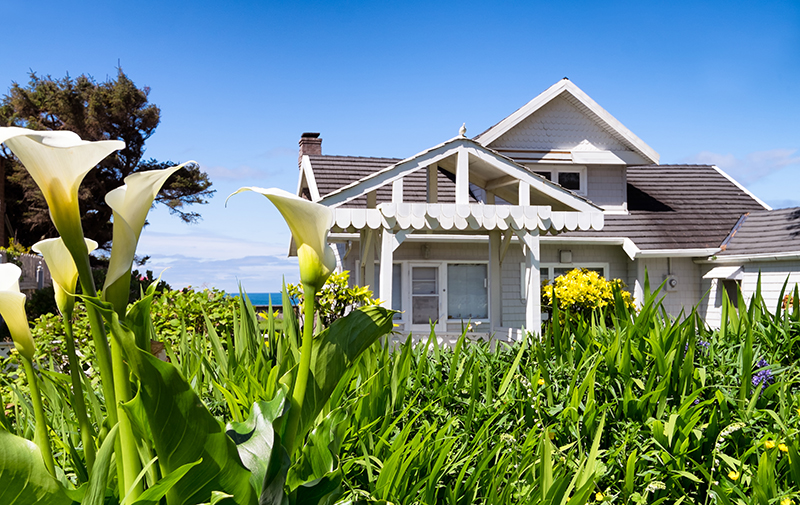Can I deduct the interest on a second home?
September, 20 2019 by Chris Rubino, EA
This seems a simple question, and it has a simple answer, which is “probably.” Even likely, but not necessarily.
First, all the usual requirements of deducting mortgage interest must be met. Things like:
- You must itemize your deductions on the Schedule A;
- You must be the owner of the home;
- The interest must be on a loan that is secured by the home on which you are deducting the interest;
- The interest must be acquisition interest, meaning the money you borrowed that is creating the interest you want to deduct is money that was used to buy, build, or substantially improve the home. 2017 was the last tax year that you might have been able to deduct some non-acquisition indebtedness;
- You must have personally paid the interest, as you cannot deduct interest someone else paid or interest that is accumulating and not yet paid.
Second, it must be a second home, and the other home must be your principal residence. Said another way, you may only deduct the interest on your principal residence, and one other. That “other” is the second home we are discussing. The good news here is that to be considered a home it must contain sleeping, cooking, and toileting facilities, so a second home can in many cases be a recreational vehicle or boat, as long as it meets the other requirements.
Third, the mortgage interest deduction is generally limited to the interest on either $1,000,000 in underlying debt or $750,000 in underlying debt, depending on when the mortgage loans were originated (this is a bit beyond our discussion here, but very generally the limit is $1,000,000 if the original mortgage loan originated before December 16, 2017, and $750,000 if originated after that date). These limits apply on the overall deduction, so if the mortgage loans on your principal residence and on the second home exceed these limits, your deductible interest will be limited.
Unfortunately, this is taxes and not baseball. So, if just one of the conditions above is not met, you will have struck out, and your deduction will be lost or limited. But for most, your home will qualify, and you will be fine taking the deduction.
Note also that we are assuming the use of your second home is personal use only. If there is any rental use of the home the tax picture may change.





